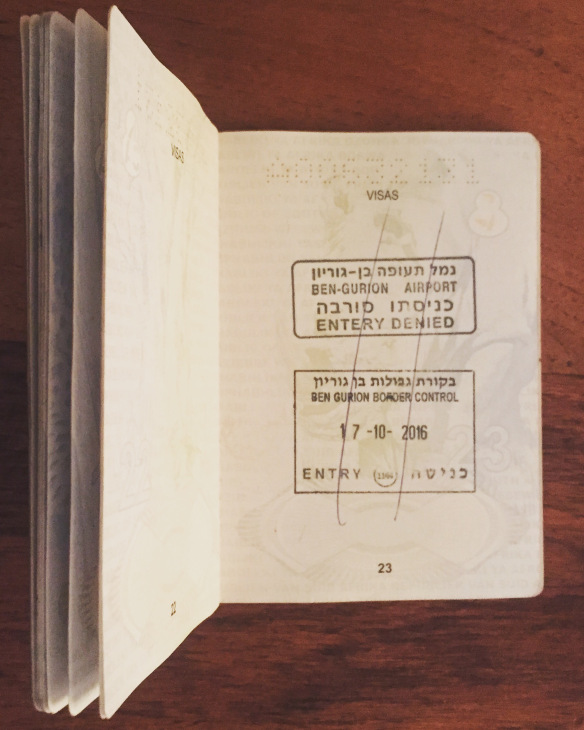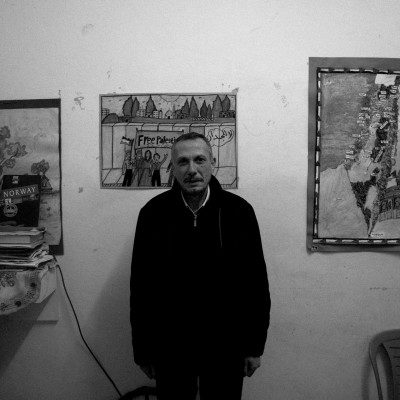Tag: Denial of Entry
-
Deported
24th October 2016 | Sarah Robinson | occupied Palestine On Monday, 17 October 2016, I was deported from Israel. This is my story. I left Johannesburg on Sunday evening, 16 October, and flew to Istanbul, Turkey. The check-in process was smooth and I was asked no security related questions. I had a six-hour stopover in…
-
‘We are strong and we will be free’ – Hashem Azzeh memorial
24th October 2016 | International Solidarity Movement, al-Khalil team | Hebron, occupied Palestine One year has lapsed since the passing of Hashem Azzeh, a devoted husband and loving father of three, and close friend of ISM. Hashem died following an exacerbation of a latent heart condition that was triggered by tear gas inhalation suffered in…
-
“No Palestinians during the holiday”: Palestinian man harassed during Sukkot
21st October 2016 | International Solidarity Movement, al-Khalil team | Hebron, occupied Palestine Late Thursday morning, as Palestinian schools in the Old City of occupied al-Khalil (Hebron) were dismissing their students early due to enhanced settler activity, Israeli forces harassed a Palestinian man and denied him his right of movement through the large parking lot…



